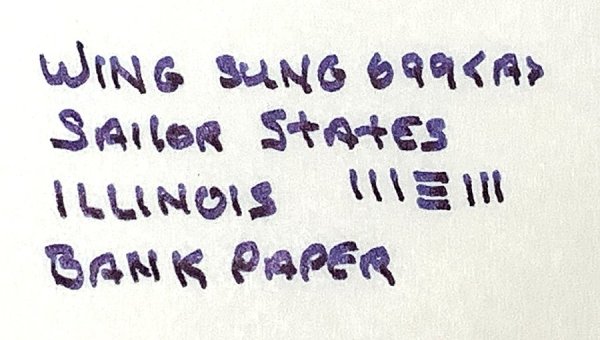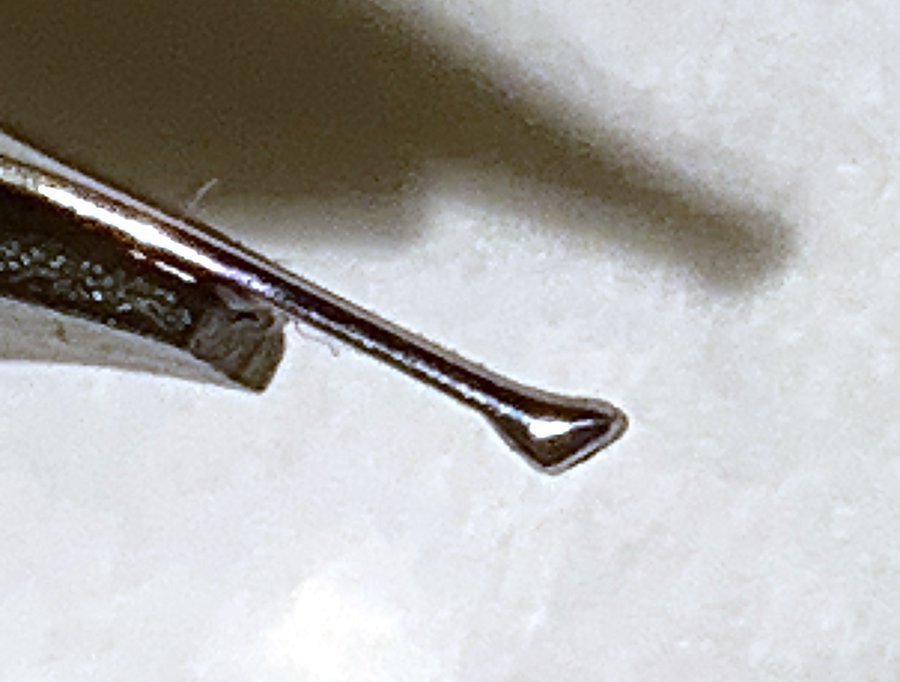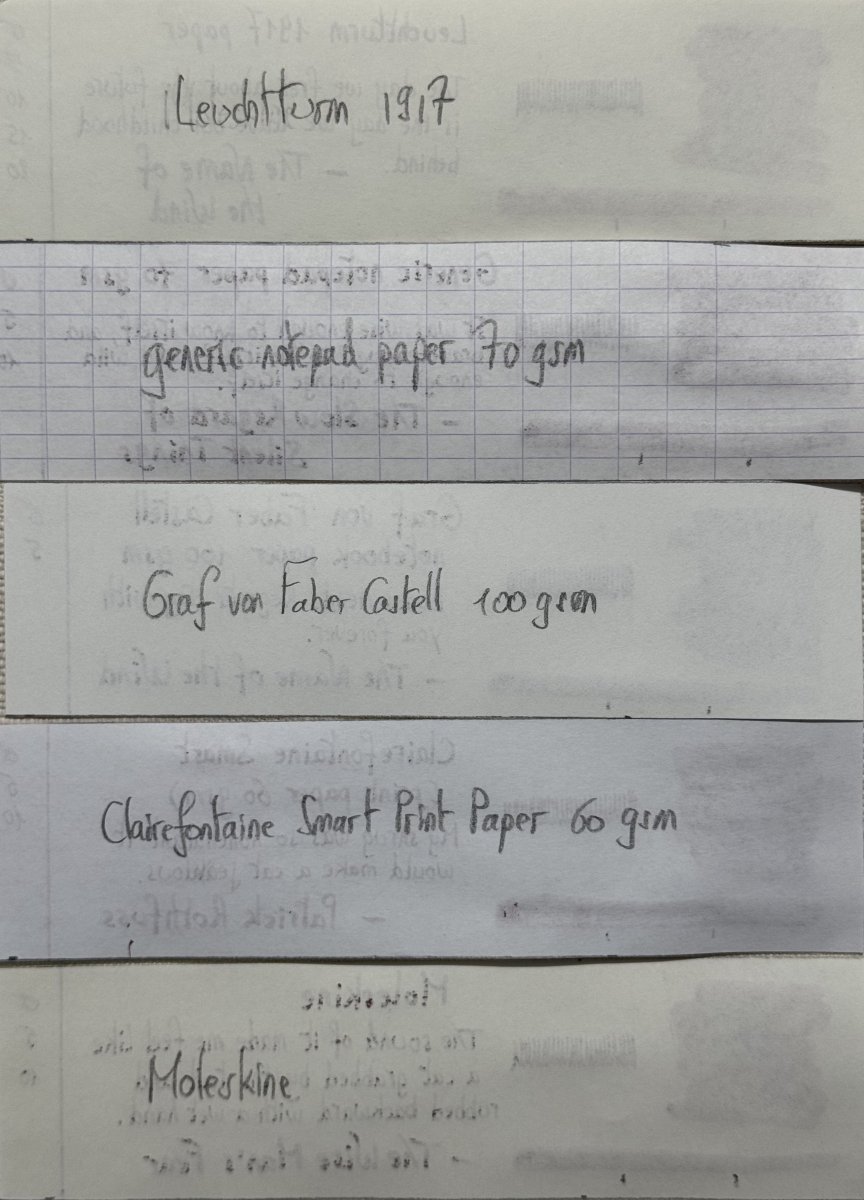Chinese character studies 中文字學
-
Forum Statistics
355.5k
Total Topics4.6m
Total Posts -
Member Statistics
128,418
Total Members18,857
Most OnlineNewest Member
skippyfire
Joined -
Images
-
Albums
-
USG 10
- By USG,
- 0
- 0
- 59
-
Pelikan White Tiger (2000) - Asia Limited Edition
- By tacitus,
- 18
-
Monthly Ink Challenge III
- By InesF,
- 1
- 0
- 61
-
namrehsnoom-18
- By namrehsnoom,
- 0
- 0
- 21
-
Paper products
- By A Smug Dill,
- 3
- 48
-












.thumb.jpg.f07fa8de82f3c2bce9737ae64fbca314.jpg)



desaturated.thumb.gif.5cb70ef1e977aa313d11eea3616aba7d.gif)







Recommended Posts